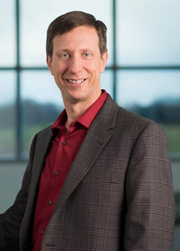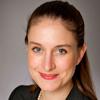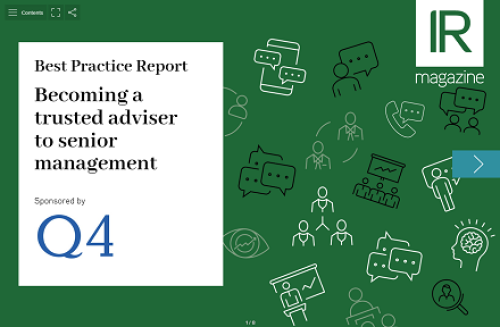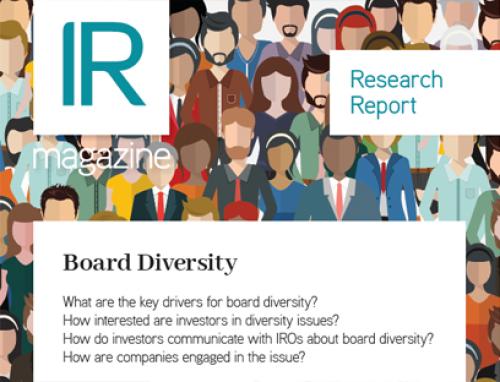NYSE-listed financial technology firm poaches Computer Sciences Corporation IRO Stephen Virostek
ATM manufacturer Diebold has appointed Stephen Virostek to serve as vice president of investor relations.

Stephen Virostek, vice president of IR
A seasoned technology IRO, Virostek joins the North Canton, Ohio-based firm from Computer Sciences Corporation, where he had been leading the IR team since 2012, having previously served as its IR director for three years. Prior to this, he held a senior IR role at wireless service operator Nextel Communications, staying on after the merger with Sprint in 2005.
Virostek graduated from James Madison University with a bachelor’s degree in business and also holds an MBA in economics and public policy from the George Washington University.
Welcoming the new IRO in a press release, chief communications officer John Kristoff says: ‘Steve’s leadership experience with technology companies undergoing significant transformation made him a natural fit for Diebold as we transform to a services-led, software-enabled company. He will help us continue to improve our disclosure and facilitate open and candid communication with our investors.’
How is your new team set up?
SV: It’s a whole new company and new industry for me. I define a ‘team’ – and I think in IR you have to do this – in the broadest sense. The first thing you need is the support of the executive team, to make sure they want to go out and tell the company story to investors, improve disclosure and be transparent. You need a good controller group, a good set of accountants and attorneys for SEC reporting. You need a really good legal team and some good business subject matter experts that will help you build the story.
I’ve interviewed with each of those groups to get a sense of the team that would be in place. The team that will execute the IR program will include chief communications officer John Kristoff, who will continue to be involved in some aspects of IR, but it’s largely going to be myself and an IR manager.
How will your background in technology help you tackle the challenges in your new role?
SV: The interesting thing here is that my background in IT services is going to benefit the company because we’re moving more into services. For much of its 150 years of history, Diebold has been a product-centric company. When our new CEO Andy Mattes came on board about two years ago, he engineered a services-led type of transformation, so we’re focused on not just the ATMs, the safes and the pieces of hardware, but also on the services that go around that, such as the security services and the maintenance.
And in some instances we’re taking on the entire management of the network of ATM machines at a bank, so that would be a completely outsourced, managed-service type of environment. That’s where my background comes in, in terms of where the company is going. I have a bit to learn about the banking sector itself, but it’s exciting! There are new forms of payment, there’s Apple Pay and Samsung Pay, and some retailers are starting to get involved in what has essentially been a banking service.
We recently announced a large contract with retail giant Walmart. So you’ve got some new business models, and you’ve got some new technology to combat the tremendous number of opportunities for fraud. And you have new technologies at new competitors emerging. So it’s an exciting time to join the banking industry.
What are the plans for Diebold’s IR programme in 2015?
SV: The reason I’m here is to tell the story of the Diebold transformation. When Andy joined he defined three different stages of the strategy: ‘crawl, walk, run.’ We’re ending the crawl phase now, so that means we’ve reversed some of the difficult trends that the business had been through. We set up a foundation for growth which includes changing our offices internally, upgrading our sales force, moving to more of a sales culture and upgrading our financial back office system.
We’ve gotten to a very interesting stage here and my job is first and foremost to tell the story of what it’s going to be like for Diebold in the ‘walk’ stage of the transformation: where are we going to grow – which areas geographically, which product sets, which services, how are we going to price those differently – and to be able to tell that story to our investors.
The others things would be traditional IR metrics in terms of broadening the customer base, targeting the right investor set, making sure that our analysts have the appropriate coverage on the company. The shareholder base is mainly located in the US [but] over half of our revenue comes from outside the country, so it’s natural to go to those markets to find new investors. Since we’re in with the financial institutions, we should be able to get a meeting with their portfolio managers and expand our presence overseas – although getting the meeting is easy, it’s making the sale that’s the challenge!










